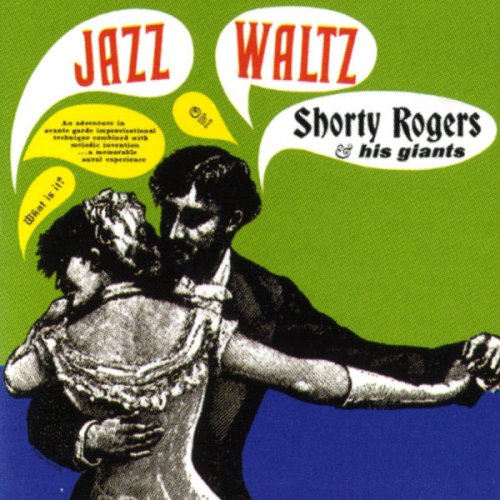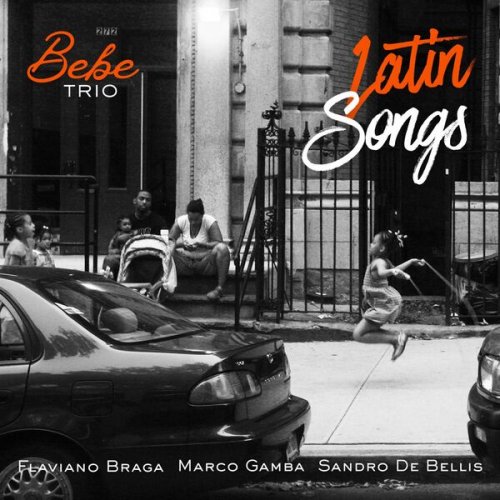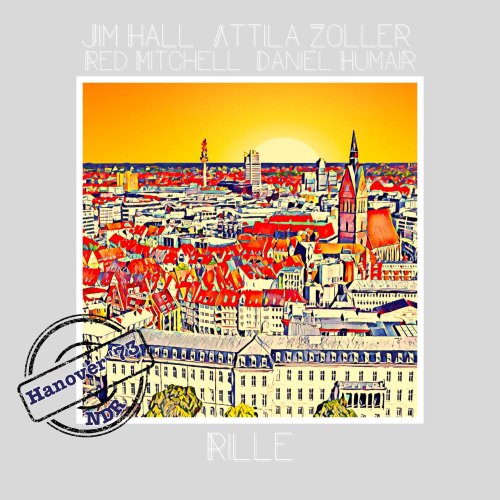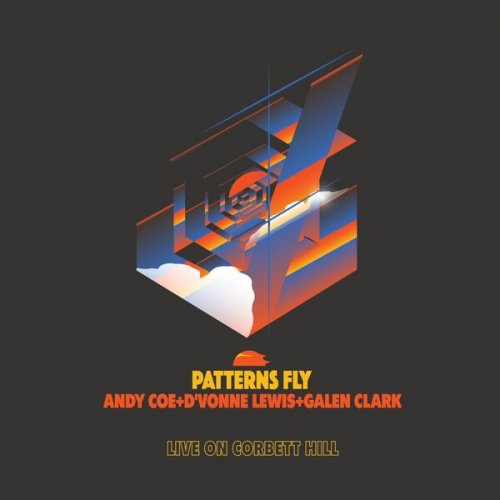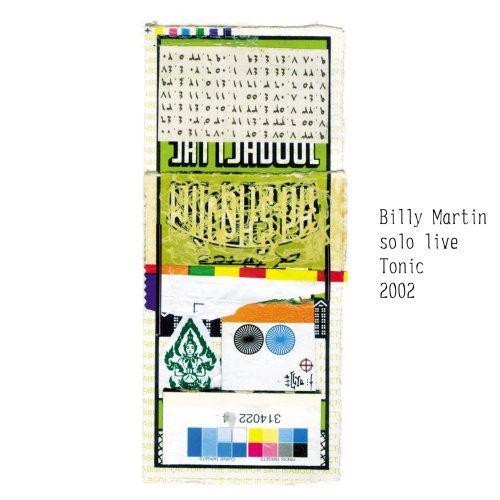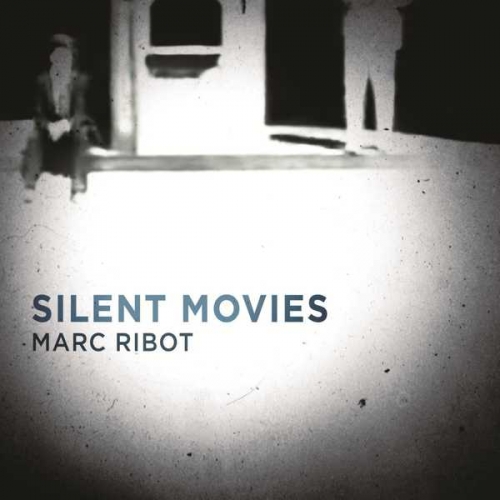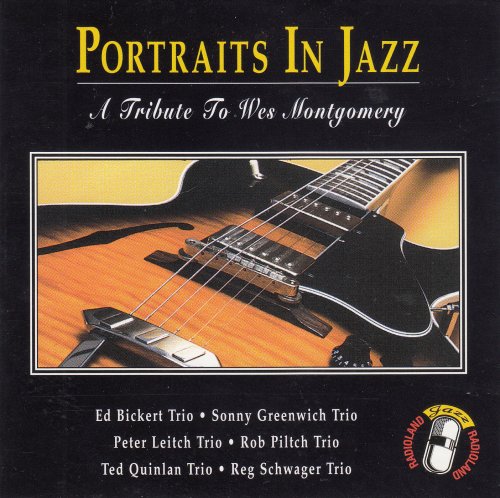Alan Curtis - Scarlatti: Tolomeo E Alessandro Ovvero La Corona Disprezzata (2010) [CD Rip]
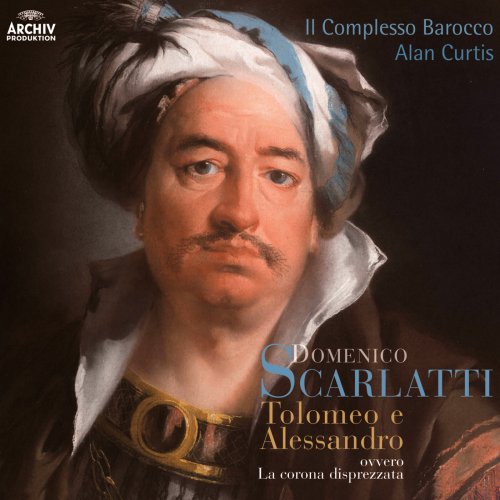
Artist: Alan Curtis
Title: Scarlatti: Tolomeo E Alessandro Ovvero La Corona Disprezzata
Year Of Release: 2010
Label: Universal Music Spain S.L.
Genre: Classical
Quality: FLAC (image + .cue, log, artwork)
Total Time: 2:37:11
Total Size: 761 MB
WebSite: Album Preview
Tracklist:Title: Scarlatti: Tolomeo E Alessandro Ovvero La Corona Disprezzata
Year Of Release: 2010
Label: Universal Music Spain S.L.
Genre: Classical
Quality: FLAC (image + .cue, log, artwork)
Total Time: 2:37:11
Total Size: 761 MB
WebSite: Album Preview
CD1
01. Sinfonía (Presto - Grave - Presto)
02. Atto I. Recitativo. Tolomeo: “Orgoglioso elemento…”
03. Aria. Tolomeo: “Rendimi, o crudo fato…”
04. Recitativo. Tolomeo: “Perché dunque più tardi…”
05. Aria. Tolomeo: “Cielo ingiusto, potrai fulminarmi…”
06. Recitativo. Elisa: “Dove, dove, o miei passi…”
07. Aria. Elisa: “Voglio adorar; ma chi?…”
08. Recitativo. Elisa: “Dov’è il tuo vano orgoglio?…”
09. Aria. Alessandro: “Non lo dirò col labbro…”
10. Recitativo. Seleuce: “Quest’è pur Cipro; ove il mio sposo…”
11. Aria. Araspe: “Vezzosi lumi…”
12. Recitativo. Dorisbe y Seleuce: “Ah Delia, tu non sai…”
13. Aria. Seleuce: “È un grave martire…”
14. Recitativo. Dorisbe y Araspe: “E qual pena più ria…”
15. Aria. Dorisbe: “La tortorella, mentre si lagna…”
16. Recitativo. Araspe y Alessandro: “Che Tolomeo restar qui possa occulto…”
17. Dúo. Alessandro y Araspe: “Verdi piagge, selve amene…”
18. Recitativo. Tolomeo: “Quanto son infelice!…”
19. Aria.Tolomeo: “Tiranni miei pensieri…”
20. Recitativo.Seleuce: “E dove, e dove mai…”
21. Aria.Seleuce: “Non più, stelle, non più!”
22. Recitativo.Seleuce,Araspe y Tolomeo: “Ma quel pastor che dorme…”
23. Aria. Tolomeo: “Torna sol per un momento…”
CD2
01. Atto II. Aria. Alessandro: “Sempre qui, chiara e tranquilla…”
02. Recitativo. Alessandro,Elisa,Dorisbe y Araspe: “Turbato, o mia signora…”
03. Aria. Araspe: “Destrier, che spinto al corso…”
04. Recitativo. Dorisbe: “Vanne pure, infedel, vanne a compire…”
05. Aria.Dorisbe: “Vorrei vendicarmi…”
06. Recitativo. Seleuce y Dorisbe: “Dorisbe… vengo per darti un più sicuro pegno…”
07. Dúo. Dorisbe y Seleuce: “Ma quando mai dovranno…”
08. Recitativo. Seleuce: “S’io potessi sperare…”
09. Aria. Seleuce: “Non son le pene mie quelle ch’io sento.”
10. Recitativo. Elisa, Tolomeo y Seleuce: “Per colei che miri…”
11. Aria: “Su, su, mio core…”
12. Recitativo. Alessandro y Elisa: “Signora, la mia sorte…”
13. Aria. Alessandro: “Pur sento (oh dio) che l’alma…”
14. Recitativo. Dorisbe y Alessandro: “Prence, a me pure è noto…”
15. Aria. Dorisbe: “Dolce speranza, se vuoi consolarmi…”
16. Recitativo. Tolomeo: “Se mi fosse permesso…”
17. Aria. Tolomeo: “Ditemi voi dov’è…”
18. Recitativo. Seleuce, Tolomeo y Araspe: “Dove sei, caro sposo?”
19. Aria. Araspe: “Piangi pur, ma non sperare…”
20. Recitativo. Seleuce y Tolomeo: “Seleuce! / Tolomeo!”
21. Dúo. Tolomeo y Seleuce: “Empia man ci divide”
CD3
01. Atto III. Aria. Araspe: “Sono idee d’un alma sciolta…”
02. Recitativo. Araspe, Elisa y Seleuce: “Perché dunque a turbarmi…”
03. Aria. Elisa: “Voglio amore o pur vendetta…”
04. Recitativo. Tolomeo y Seleuce: “Bella, già men severe…”
05. Aria. Seleuce: “Hai vinto, sì, crudele!”
06. Recitativo. Araspe, Dorisbe: “Sentimi, o bella Clori…”
07. Aria. Dorisbe: “Tra l’erbe e tra’ fiori…”
08. Recitativo. Seleuce y Alessandro: “Dall’ombra funesta…”
09. Aria. Seleuce “Stelle, vi credo o no?”
10. Recitativo. Tolomeo: “Che più si tarda omai…”
11. Recitativo Accompagnato. Tolomeo: “Ma tu, consorte amata…”
12. Aria. Tolomeo: “Stille amare, il mio labbro costante…”
13. Recitativo. Elisa y Tolomeo: “Ferma, fermati ingrato…”
14. Rectitativo Accompagnato: “Eccoti l’altra vittima, ch’omai…”
15. Aria. Elisa: “Cielo ingiusto! Ma il Cielo non fu…”
16. Recitativo. Todos: “Eccoti, o prence, il tuo germano, e spero…”
17. Aria. Seleuce: “Io vivo, mio bene…”
18. Recitativo. Alessandro: “D’Egitto il regno è tuo…”
19. Coro. Todos: “Lieto giorno in cui sol non si oppone…”
Equally known for his live performances and musicological work in establishing new performing practices for early opera, Alan Curtis enjoyed a fruitful career. A scholar, as well as a conductor and harpsichordist, Curtis edited several important works with an appreciation for authenticity, effective performance, and -- in the case of opera -- stage-worthiness. Several of his best recordings were issued in the 1990s and in the new millennium. Curtis studied first at Michigan State University and attained his bachelor's degree there in 1955. His graduate study at the University of Illinois was interrupted after the completion of his master's program by two years of study with Gustav Leonhardt in Amsterdam. Following his work with the master harpsichordist, organist, and conductor, Curtis returned to the University of Illinois to complete his doctorate, awarded in 1963. By this time, he had already published several scholarly texts that had attracted the interest of the growing period performance movement. His doctoral thesis on Sweelinck quickly became a standard text on that composer's works for keyboard and later formed the basis for Curtis' more extended volume, published in 1969. At the University of California at Berkeley, Curtis was hired as a teacher in 1960, thereafter advancing to full professor by 1970. During that decade, Curtis took advantage of increasing opportunities to put into practice the results of his research; he achieved a reputation as an accomplished harpsichordist and, increasingly, as a conductor of seventeenth and eighteenth century opera. A recording of Monteverdi's L'Incoronazione di Poppea was heralded as an antidote to less authentic realizations. Equally, it demonstrated just how vital period performance could be when shorn of Romantic-period excesses. While continuing his instructional work and music research in academia, Curtis performed as a conductor and harpsichordist both in America and Europe. A 1980 La Scala debut conducting Handel's Ariodante led to other significant engagements in Italy. In 1984, Curtis conducted Gluck's Armida, then not often heard, in Bologna, and in 1989, he led Cimarosa's even rarer Gli Orazi ed I Curiazi in Rome. In the aftermath, Curtis founded the ensemble Il Complesso Barocco and recorded many operas with the group. -- Erik Eriksson
Related Releases:
